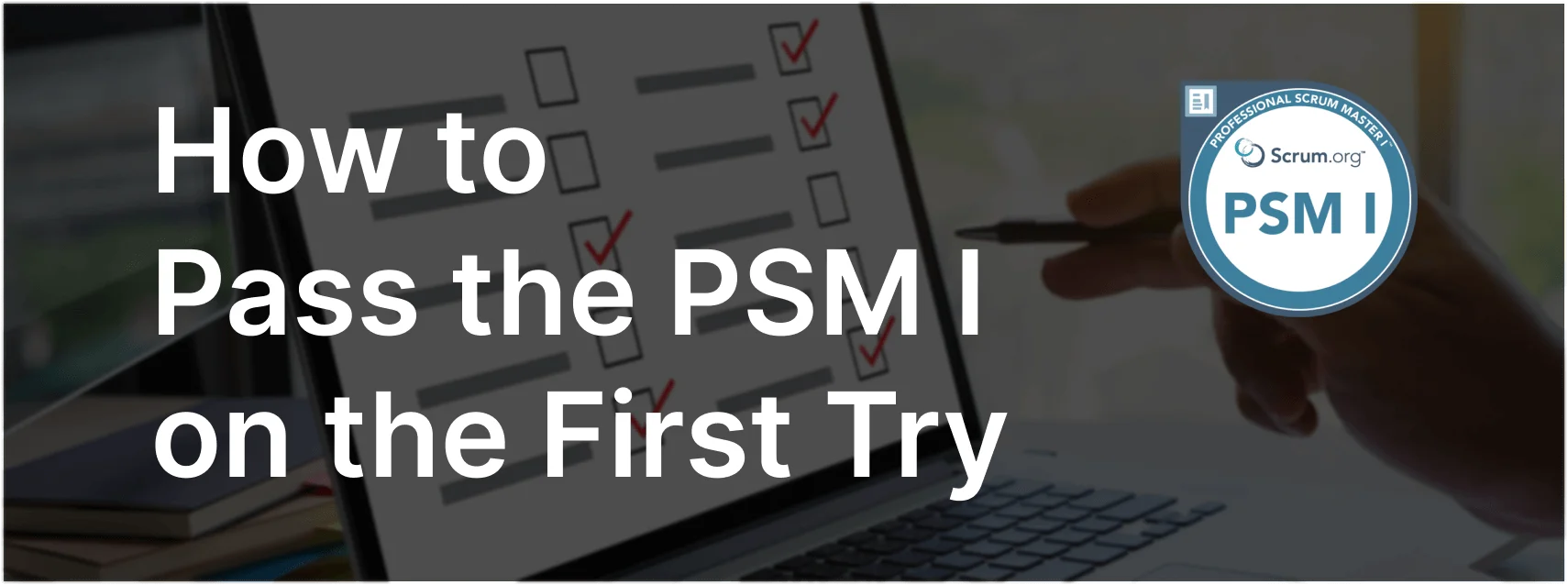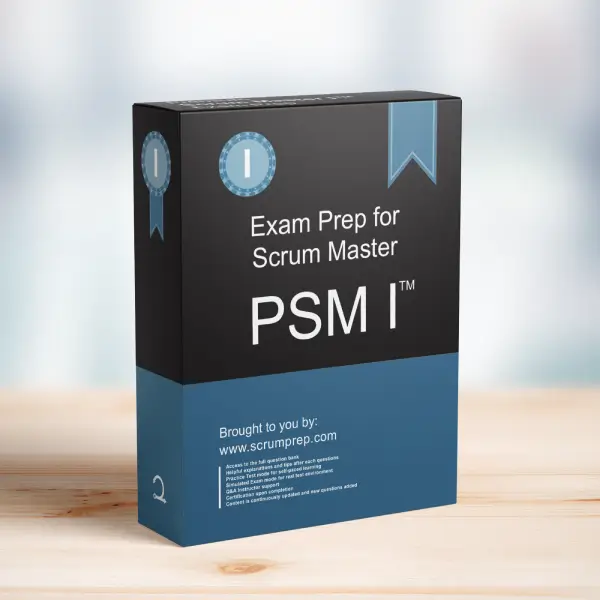Understanding the Skills Required for a Scrum Team
A well-functioning Scrum Team is essential for the successful delivery of product increments. Here’s an analysis of an exam question related to the skills needed by a Scrum Team:
Exam Question
The Scrum Team should have all the skills needed to: (choose the best answer)
- A. Turn Product Backlog items into a valuable, useful Increment.
- B. Do all of the development work, except for specialized testing that requires additional tools and environments.
- C. Complete the project within the date and cost as calculated by the Product Owner.
Correct Answer
A. Turn Product Backlog items into a valuable, useful Increment.
Explanation
Why A is Correct
The primary responsibility of the Scrum Team is to turn Product Backlog items into valuable, useful Increments during each Sprint. This requires the team to have all the necessary skills to complete every aspect of the work, from design and development to testing and deployment. The goal is to produce a potentially shippable product increment at the end of each Sprint that meets the Definition of Done.
Key Points about Scrum Team Skills:
- Cross-Functionality: Scrum Teams are cross-functional, meaning they include all the skills necessary to create the product increment. This eliminates dependencies on external teams and allows for faster, more efficient delivery.
- Self-Management: The team manages its own work, deciding how best to accomplish the goals set out in the Sprint Backlog.
- Quality and Value: By possessing all the required skills, the Scrum Team ensures that each Increment is of high quality and provides value to stakeholders.
Examining the Other Options
B. Do all of the development work, except for specialized testing that requires additional tools and environments: This option is incorrect because it implies that the Scrum Team might depend on external resources for certain tasks. Scrum Teams should be self-sufficient and capable of performing all necessary work, including specialized testing.
C. Complete the project within the date and cost as calculated by the Product Owner: This option is incorrect because it misrepresents the roles in Scrum. The Product Owner is responsible for prioritizing work based on value, not for calculating and enforcing project timelines and costs. The Scrum Team collectively manages the work to deliver valuable Increments.
Roles and Responsibilities in Scrum
- Developers: Collaborate to complete all tasks required to turn Product Backlog items into Increments, including coding, testing, and integrating.
- Scrum Master: Facilitates the Scrum process, helps remove impediments, and ensures the team adheres to Scrum practices.
- Product Owner: Manages the Product Backlog, prioritizes items based on value, and ensures the team focuses on delivering the most valuable features.
Relevance to the PSM I Exam
Understanding the skills required by a Scrum Team is crucial for the PSM I exam. This knowledge helps candidates recognize the importance of cross-functional teams capable of delivering complete and valuable product increments. Mastery of these concepts is essential for effectively implementing Scrum practices and achieving certification.
Conclusion
The Scrum Team should have all the skills needed to turn Product Backlog items into a valuable, useful Increment. This ensures that the team can deliver high-quality, potentially shippable product increments each Sprint. Understanding this aspect of the Scrum framework is crucial for success in the PSM I exam.
For comprehensive preparation and practice exams, check out PSM I Exam Prep to enhance your understanding and application of Scrum principles.



